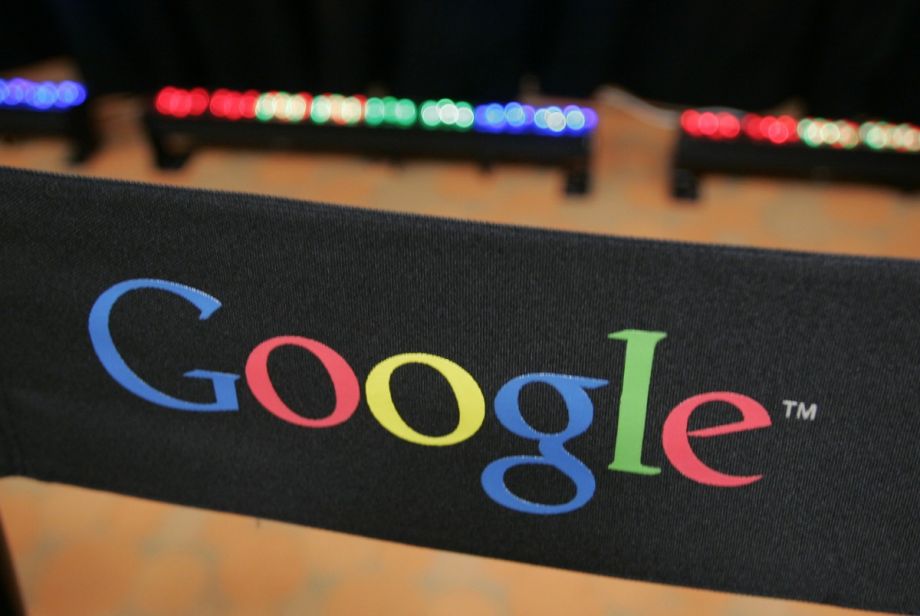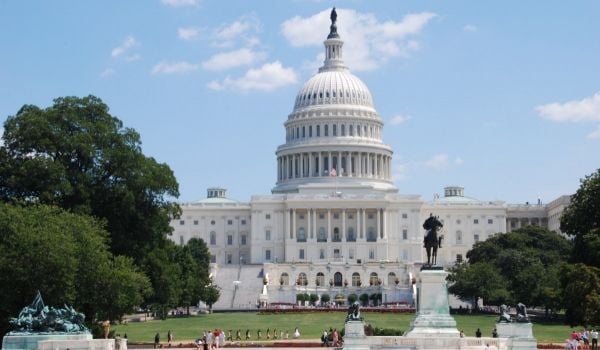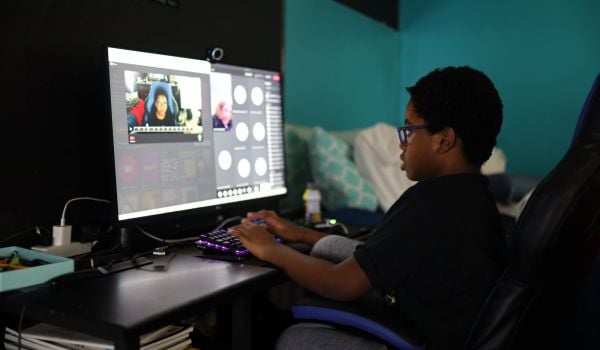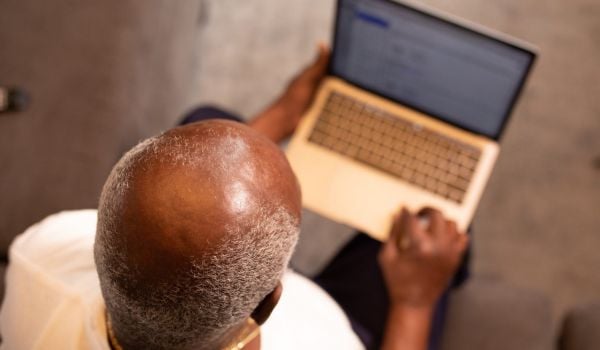Google has informed Fiber customers in Louisville that their service will end April 15.
The service offered ultra-fast internet to three neighborhoods in Louisville (as well as in 11 other regions across the country). Louisville was actually part of Google’s “Fiber 2.0” comeback, which it launched in 2017 after “pausing” the original fiber experiment a year prior. The first Fiber pause came because Google realized that laying fiber cable is extremely expensive; the reboot was supposed to use faster, cheaper techniques to accomplish the same result.
Google had thought it could control costs through “nanotrenching,” in which it laid cable by cutting just two-inch-deep trenches along the side of the road, then filling the trench with a rubbery liquid that solidified as it dried, CNET reports. But the sealant didn’t stick in many places and cables popped out, WDRB said. “People are tripping over it,” a resident said.
Residents also complained about the cosmetic look of the road, because the sealant didn’t quite match the asphalt, the Courier-Journal reported. Fixing the issues would require re-installing the entire system from scratch, the company said, “and that’s just not the right business decision for us.”
In other cities such as San Antonio, CNET said, Google has switched to “microtrenching,” which involves digging six-inch-deep trenches. Even there, the rollout hasn’t been without complaints: residents raised concerns over “fiber huts,” house-sized structures that sprung up in public parks, and city officials said that Google failed to “properly inform neighborhood residents about the construction schedule,” according to the San Antonio Express-News. (The paper also said that Google later developed technology that made the huts unnecessary, and is in the process of replacing them with fridge-sized boxes.) The company has no plans to pull out of any of its other Fiber cities, it said in a blog post.
Google Fiber launched in Kansas City in 2012 with at the time unheard-of speeds. You could download a full-length movie in a minute, WBUR said (still blazingly fast compared to most Internet customers). The announcement launched Kansas City’s tech scene to the next level. Matthew Marcus, executive director of the Kansas City Startup Foundation, told WBUR that “we like to classify several things as ‘BGF’ and ‘AGF’ — ‘before Google Fiber’ and ‘after Google Fiber,’ kinda strange,” he says. “We’re not Silicon Valley, we’re not Austin, we’re not Denver yet, but we’re also not, you know, Podunk Flyover Cowtown either.” From 2012 to 2016, first-time employers added 84,000 jobs.
Not every household benefited equally from Fiber; in 2016, a city survey found that only 56 percent of residents making under $30,000 a year had access to Internet at their home (which includes Fiber and all other services) while 91 percent of those making more than $30,000 annually did. So Google also started a fund to support digital inclusion initiatives — and made sure to connect the public library.
In Louisville, as is typical in Fiber cities, Google Fiber’s arrival spurred competition from other internet providers to up their game. Now AT&T and Spectrum both offer their own version of gigabit service, although both companies charge significantly more. Google customers had been paying $70 per month for 1 Gbps service, the Courier-Journal said, whereas Spectrum charges $124.99 for the same speed, and AT&T charges $90.
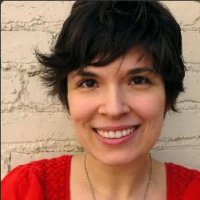
Rachel Kaufman is Next City's senior editor, responsible for our daily journalism. She was a longtime Next City freelance writer and editor before coming on staff full-time. She has covered transportation, sustainability, science and tech. Her writing has appeared in Inc., National Geographic News, Scientific American and other outlets.

